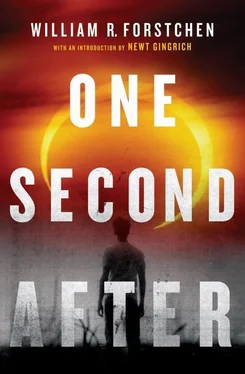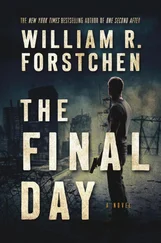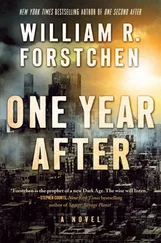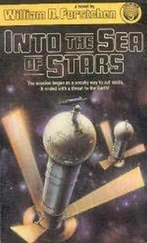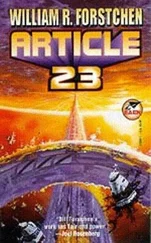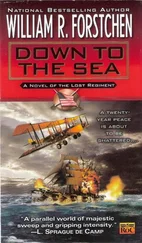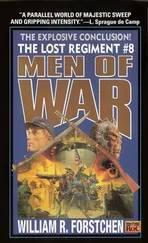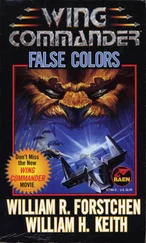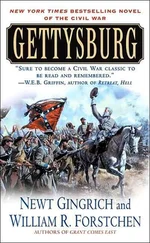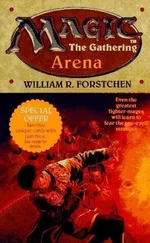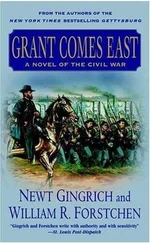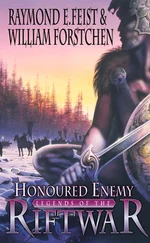That memory had stayed with them, bonded them, inspired them.
And as for the bonding, the campus chaplain had to perform eight weddings and a couple of the girls were coming close to due… and like Elizabeth, two of them would be mothers who lost the fathers in the war.
Cutting around the fallen trees, John pulled back onto Black Mountain Road, continuing in towards town. A number of houses had burned during the winter and were gutted-out shells, others just abandoned, all within dead. The few with life still inside had yards already planted with this spring’s “Victory Gardens”; there wasn’t a lawn to be seen.
The town was quiet, more a ghost town now, but still had some survivors and many of them were heading down to the center of town, some of them nearly running. They all looked like survivors of a death camp, skeletal, children lanky, with swollen stomachs, nearly every man bearded, nearly all in clothes several sizes too big.
John drove faster now, heading down the center of the road, the sides filled with debris, broken branches from the storms, cars abandoned since the first day.
And as he came around the bend to the center of town he saw them and at the sight of them Elizabeth, Jen, and Makala all let out a shriek, screaming so loudly that Ben burst into tears.
John pulled into the town hall complex, not even bothering to find his parking slot. Hundreds were gathering, some even running.
He got out of the car and looked at them….
A Bradley armored personnel carrier was at the front of the column, fluttering from a pole strapped to its side… the flag of the United States of America.
Behind the Bradley was a column that stretched back down the road for several hundred yards. Humvees, a couple of dozen trucks, five 18-wheelers, another Bradley, most all of them painted desert camo, all of them flying American flags.
“Here he is!” someone shouted, pointing towards John.
The cry was picked up, the people of his town parting as he slowly approached, eyes clouded with tears as he gazed up at the flag.
An officer was standing in front of the lead vehicle, surrounded by nearly a dozen of his own troops who should be back at the gap, the First Battalion of the Black Mountain Rangers, talking with soldiers decked out as soldiers as John remembered them, Kevlar helmets, a mix of uniforms, though, some desert camo, some standard camo green, a few in urban camo. And yet it was his kids, his soldiers, who looked to be the tougher of the two groups, lean, hawk faced, eyes dark and hollow, weapons slung casually, the regular infantry obviously a bit in awe of them, especially the girls, who seemed as tough as the guys they were with.
Nation Makers, he thought. He could see it now. His former students, like the soldiers in the Howard Pyle painting, ragged, half-starved, and yet filled with grim determination unlike anything seen in America in over two hundred years.
The lead officer next to the Bradley, John could see the star clipped to his lapels, was actually in his dress uniform, as if to distinguish him, to make him stand out clearly.
“Here’s Colonel Matherson!” And at his approach the soldiers of his own militia came to attention and presented arms. And to his shock, the
GIs standing around them with all sincerity came to attention and saluted.
The crowd surrounding them fell silent.
John slowed, stopped, looking at the one-star general, came to attention, and saluted.
“Colonel John Matherson,” he said.
The general returned the salute, broke into a grin, and came forward, hand extended, grabbing John’s, shaking it.
“I know you, Matherson. Attended your lectures at Carlisle and did the staff ride with you to Gettysburg. Your lecture on Lee as operational commander at Second Manassas was brilliant. That was back in the 90’s.”
A wild cheer went up as if this simple handshake was the reuniting with the old world. The crowd surged around them, soldiers suddenly finding themselves being kissed, hugged, more than one of them obviously disconcerted, since many of those showering affection had not bathed in months and more than a few were crawling with lice.
John smiled, looked at the general, the face vaguely familiar, but could not place the name, finally looking down at the nameplate… “Wright.”
John wondered what Wright was seeing. Americans? Or starved skeletal survivors, the type of survivors that America had seen all around the world for nearly seventy years, had offered generous help to, but never dreamed would finally come to their own land?
“This column is heading to Asheville. I’m to take over as military governor of western North Carolina until such time as civilian authority is reestablished, but I wanted to stop here first.”
The cheering crowd did not hear him, but John did.
“You’re not staying?”
“Headquarters will be in Asheville, but yes, we are staying in the region.” A sergeant standing atop the Bradley held up a microphone and clicked it. “May I have your attention please?”
Everyone fell silent, looking up at him with awe. It was the first voice amplified by a loudspeaker that they had heard in a year.
“Excuse me,” Wright said, and he climbed aboard the Bradley, the sergeant extending a hand to pull him up.
“My name is General Wright. I am an officer in the army of the United States of America and we are here to reunite you with your country.”
The cheering lasted for several minutes, Makala was up by John’s side, hugging him, many were crying, and then spontaneously one of the militia girls, a member of the school choir, began to sing:
“Oh, say can you see, by the dawn’s early light…”
Within seconds it was picked up by all, and all wept even as they sang.
The general stood with head lowered, and there was no acting as he brushed the tears from his face.
“I have been assigned to be military governor of the region of Western North Carolina. My headquarters will be established by the end of the day.”
“You’re not leaving us?” someone cried.
“No. Of course not. I’m asking you now to move to the rear of this column and please line up patiently. Each of you will then receive three rations, what the army calls meals ready to eat.”
Another wild cheer.
“We have a medical team with us who will try and lend a hand with any serious cases of the moment. All children, expectant mothers, and mothers of infants will also receive a three-month supply of vitamins.”
Vitamins, John thought. My God, so American. Something good from a small bottle. It lifted him even more than the food. Elizabeth had come through her time but just barely. The vitamins for her and the baby would be lifesavers.
“This column must depart in one hour for Asheville, but I swear to you as a soldier of the United States of America, we are here to stay. By next week another supply column with more food and medicine should arrive.”
He handed the microphone back to the sergeant and jumped down, returning to John, while the sergeant started to direct the crowd to move, the troops with him helping. John watched them go, a medic already up to Elizabeth, stopping her, looking at her and the baby. The mere sight of that again filled John with tears. Soldiers were already passing out single sticks of chewing gum to children, who upon learning about the treats were swarming round.
As the crowd flooded past, the general motioned for John to walk with him.
“How bad was it here?”
“Very bad,” John said.
“Yeah, I saw your greeting card at the top of the pass.”
John suddenly felt embarrassed. The corpse of the Posse leader had hung there throughout the winter, bones picked clean in a matter of days by crows. Part of the skeleton still dangled there. The ravine below had been a feasting place for scavengers for weeks, nearly a thousand bodies dumped there.
Читать дальше
